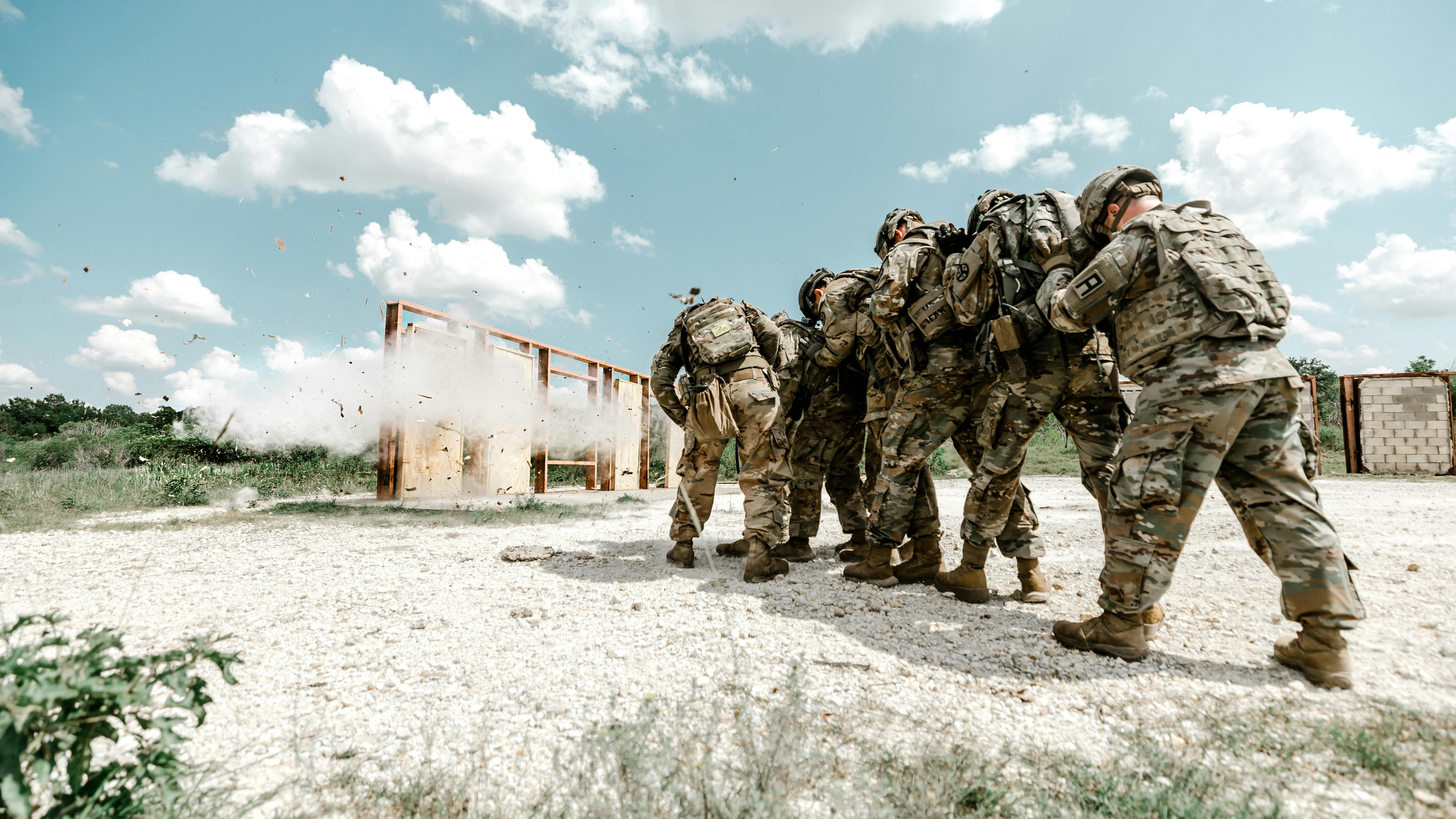
Understanding Time Pollution: A Hidden Threat
In every sphere of our lives, the concept of 'time pollution' looms large, particularly for active duty military service members, veterans, and their families. This term encapsulates the unseen burdens of our commitments—overlaps of meetings, cognitive overload, and the stress of deadlines accumulate like emissions in our environment. Much like carbon footprints, these invisible costs drain our mental and physical resources, ultimately impeding our performance, health, and relationships.
The Smog of Stress: How Time Pollution Affects Us
As we saturate our schedules with more activities, we often disregard the mental fatigue and background stress that it generates. Joe Byerly, a retired Army Lieutenant Colonel, poignantly describes this cycle in his examination of time management: "See space. Fill space. Get overwhelmed. Cancel. Repeat." The continuous fulfillment of obligations shadows our lives with uncertainty, much like the smog that limits visibility on a bustling highway. Service members, who are often required to maintain unwavering composure, find that the emotional clutter from overloaded schedules can hinder their ability to lead with clarity.
Identifying the Hidden Costs of Our Commitments
To combat time pollution, the first step is recognizing the 'hidden costs' that accompany every commitment. Each meeting might seem innocuous on the calendar, but the prep work, travel, and mental energy required often go unnoticed until it’s too late. As military leaders adept in strategy and analysis, we must assess not only what we are committing to but also how these commitments compress the valuable 'white space' that allows for reflection, creative problem-solving, and genuine connection with our teams. This assessment, as Byerly suggests, is akin to acknowledging the full weight of the environmental impact of our actions.
Creating Space for What Truly Matters
Strategic leadership involves not just directing actions but deliberately cultivating a culture that prioritizes mental bandwidth. By integrating a mindful approach to time management, leaders can empower their teams to evaluate the burden of each commitment and prioritize initiatives that align with their collective goals. Armed with this awareness, businesses can thrive through more intentional decision-making, while military units reinforce their operational effectiveness. When space is created responsibly, it nurtures an environment where team members can flourish, focusing on impactful work rather than just staying busy.
Future Predictions: The Shift Towards Intentional Leadership
As the modern world becomes more interconnected, the urgency to address time pollution will only intensify. The push for efficiency can lead to burnout and disengagement if we continue to overlook the psychological toll of relentless commitments. Moving forward, leaders in both military and civilian sectors must champion a model of intentional leadership—where self-awareness, reflection, and prioritizing mental clarity become essential pillars. Such foresight not only contributes to individual well-being but enhances the overall mission success of teams in high-pressure environments.
Conclusion: Reevaluating Our Relationship with Time
The concept of 'time pollution' serves as a wake-up call for military leaders and professionals alike. By fully understanding the hidden costs of our obligations, we can actively shape a work culture that respects mental thresholds. It’s essential for both military and corporate leaders to reflect on how we can navigate time commitments more effectively, leading with intentionality and purpose. Developing strategies to minimize time pollution can foster resilience and empowerment in our communities—one action at a time.
As we move forward, let us commit to honoring the mental bandwidth of ourselves and our teams by fostering a culture of clarity and purpose while significantly reducing the burden of time pollution. By doing so, we ensure that the legacy of our endeavors promotes both achievement and well-being, striking that crucial balance in an ever-evolving world.
 Add Row
Add Row  Add
Add 




Write A Comment